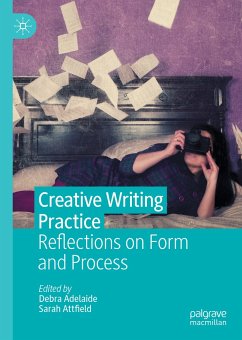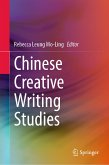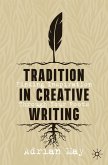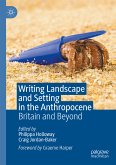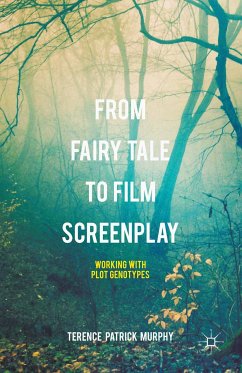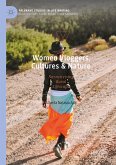This book discusses a range of approaches to writing, such as the early working out of projects, the idea of experimentation, of narrative time, and of failure. With its strong focus on process, Creative Writing Practice is a valuable guide for students, scholars and practitioners of creative writing.
Dieser Download kann aus rechtlichen Gründen nur mit Rechnungsadresse in A, B, BG, CY, CZ, D, DK, EW, E, FIN, F, GR, HR, H, IRL, I, LT, L, LR, M, NL, PL, P, R, S, SLO, SK ausgeliefert werden.

